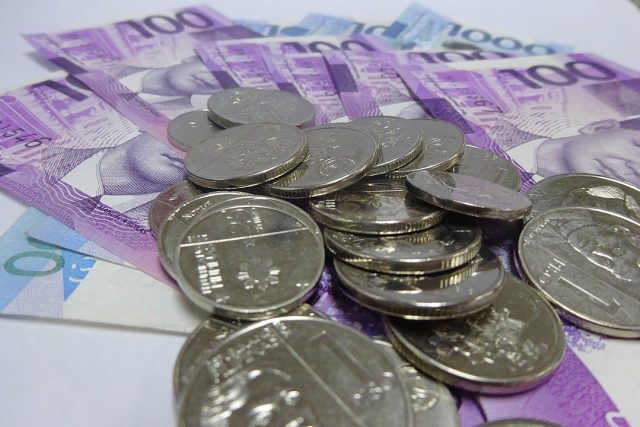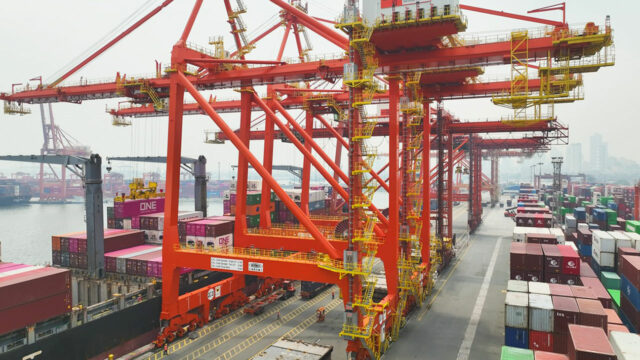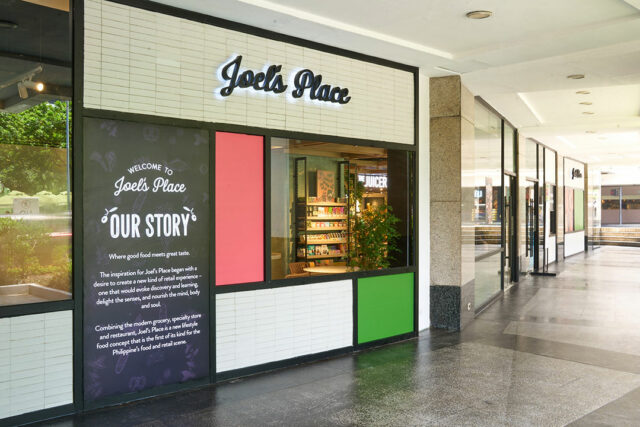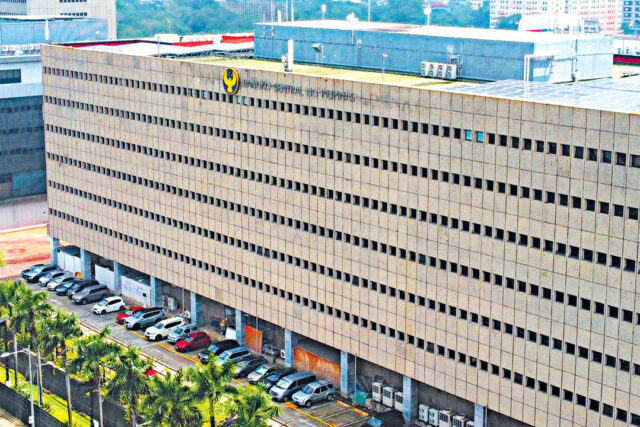But this time they are going artisanal
THE TANTOCOS are going back to the grocery game, and who better to help them than a long-missed family member?
In 2018, the Tantoco family sold the Rustan’s Supermarket and Shopwise brands to the Gokongwei family’s Robinsons Retail Holdings, Inc. Joel’s Place marks their return to that business, but as Donnie Tantoco — its Chief Executive Officer (and concurrent Rustan’s chair) — makes clear, “We’re perfecting this, it’s very new.”
There are currently two branches: the newest one in Glorietta which opened this month, and the first one in Rockwell, which opened late last year.
“Once we find our stride, we’re going to roll out more Joels. Every Joel is better than the previous one,” said Mr. Tantoco.
WHAT’S IN A NAME?
The place is named after the late Jose Luis “Joel” Tantoco, Mr. Tantoco’s brother who passed away in 2007. Asked why, Mr. Tantoco said in an interview with BusinessWorld on July 30, “One serendipitous reason.” Project Joel was a codename they used when he was conceptualizing the project. Then, a British branding company they consulted drew up a list of first names to christen the place, and out of 50, “They said the best one was Joel.”
“In hindsight, it really makes a lot of sense,” he said.
The concept was borne out of trips to Paris, where Mr. Tantoco observed La Grande Épicerie de Paris, as well as smaller stores in the capital of chic. “That was Joel’s favorite place on Earth. That’s where he discovered his dignity, his confidence, his identity. He was very shy until he discovered Paris,” said Mr. Tantoco of his brother.
“We want this to be like second family; a second home of all our customers — including our employees,” he said. “I wanted our company to be an ark in this more tumultuous world.”
MORE THAN A GROCERY STORE
Joel’s Place is several things: it’s a grocery, but it also has a lunch counter with ready-to-eat meals, a deli, a bakery, and it even has a gelato counter with creations by renowned chef Miko Aspiras.
We toured the aisles of the Glorietta branch of Joel’s Place when it opened on July 18: think local produce straight from Filipino farmers, but also luxurious selections like artisanal olive oils, and European butter and meat.
We saw some familiar names (and more incognito ones) at the lunch counter, buying things while wearing tsinelas (but they were Gucci). “Basically, we’re a replacement for cooking at home. We want to be an extension of your kitchen,” said Mr. Tantoco.
During our visit to the Glorietta branch we got to taste some of the lunch counter offerings. We had the salmon bowl, a combination of a croissant and an empanada, and a probiotic soda. The croissant cost less than P100, and was quite filling and delicious on its own (filled as it was with beef stew). The salmon bowl, made with several grains and garnished with several vegetables, had the same quality, but with a hint of refinement. It cost less than P400. That amount can get you to a lot of places in Glorietta, for sure, but few will have the quality that Joel’s Place has to offer.
“We deal direct,” said Mr. Tantoco. “We don’t concession, we run and own everything. We break through the layers that add to the cost.”
At the grocery, this writer saw French brands and Italian ones, and vegetables we wouldn’t have found anywhere else (fresh artichoke hearts, when everybody else has them canned).
FOOD WITH SOUL
“We wanted to work with artisans. We wanted to provide the space where people that are really into their craft, that are really passionate about their product… there’s a soul. We wanted to be that place, whether it’s European, American, Australian, or a Filipino dairy from Bukidnon,” said Mr. Tantoco. “These people aren’t transactional. This is their calling.”
“We’re in the food business, but it’s an aspiration that people have, on so many levels. Gourmet that’s healthy, that’s accessibly priced,” he said. “That’s the world we’re in. We’re not going to go into the commercial, mainsteam side of grocery that we used to do. It’s really all about making these relationships, and creating an ecosystem that works.
“At the heart of it, it’s a community.”
Joel’s Place in Glorietta 4, Makati is open Mondays to Thursdays from 9 a.m. to 9 p.m. and Fridays to Sundays from 9 a.m. to 10 p.m. — Joseph L. Garcia















